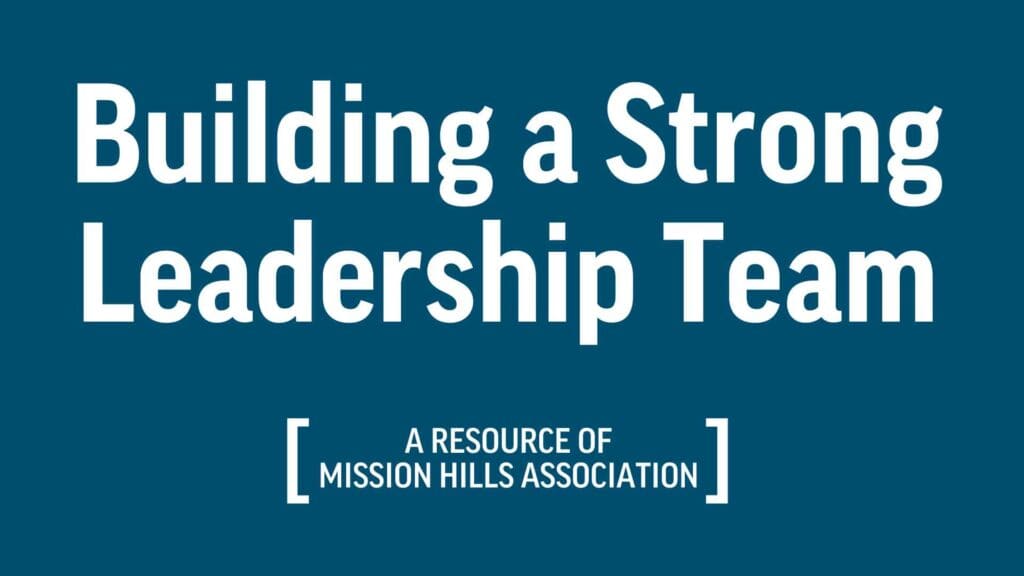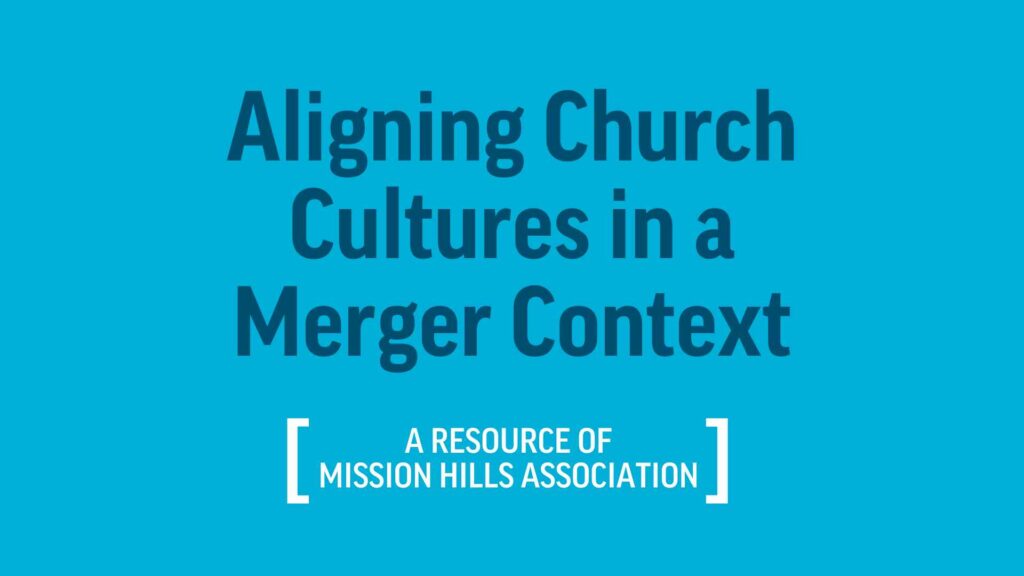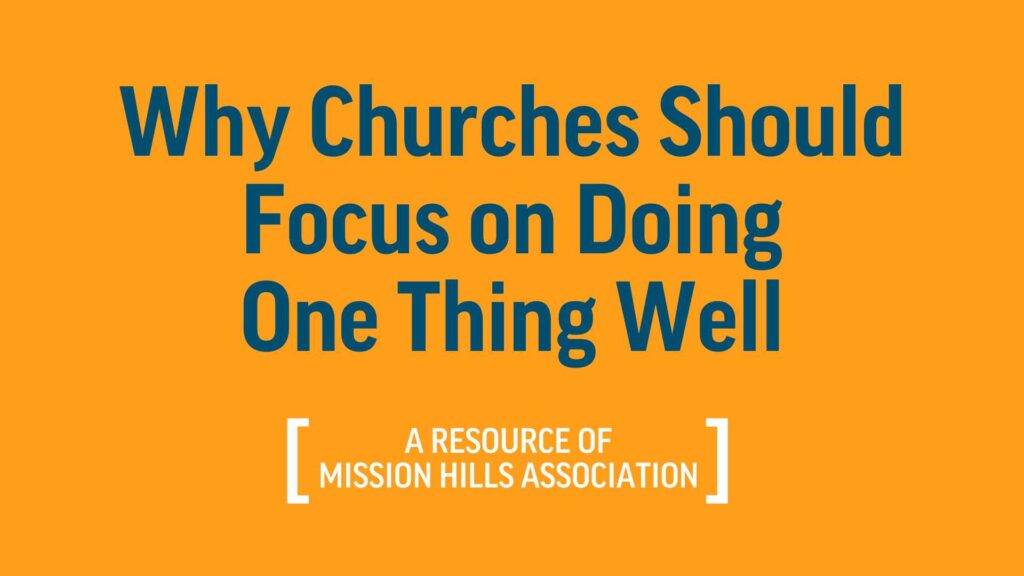
“Anxiety isn’t a math problem—there’s no special solution or one-size-fits-all for mental health,” says Mission Hills Middle School Pastor, Joey Pepper. And he is correct. Today, it is essential for youth ministers to have a solid grasp of the developmental and psychological stages of their youth group. However, it can be challenging to address each unique situation since kids and young adults go through so many developmental stages quickly.
We get it, so we wrote this article as a quick but comprehensive guide to help pastors support and guide youth groups through transitional phases. Let’s dive in.
Keeping Your Flock Together: Staying Flexible While Ministering
Staying flexible while ministering doesn’t mean changing up your theology; it’s simply an encouragement to adjust or pause the context or speed of your lesson as needed. “Pastors have to shift focus from program to people so quickly when a student is struggling—you’re not always going to be prepared, but it’s important to learn to be flexible,” says Pepper.
Youth pastors need to reserve the time and resources to meet with struggling students, ask the necessary questions to establish a connection with them, and determine their potential “symptoms.” This bit is more manageable when you address your youth group through a pastoral counseling “lens.”
Connecting with Your Youth Group: Pastoral Counseling
A youth pastor isn’t in a waiting room position. They are uniquely positioned to serve and mentor the church’s youngest developing members in discovering their identity in Christ. They have an influential and dynamic role in the church. However, if they are unaware of the psychological and environmental challenges that children and young adults in their ministry may face, reaching them can be difficult. Pepper recommends that “pastors become more equipped on pastoral counseling matters.”
Children today are dealing with a lot of information from all angles about who they are, who they should be and what is and isn’t acceptable. Pastor Pepper says, “Middle schoolers are facing things they shouldn’t have to. There are numerous broken families, high rates of death and suicide, exposure to drugs, exposure to porn, lust and growing up fast in general. All of those things aren’t necessarily sin-related.”
What is pastoral counseling?
These questions and difficulties related to mental health can be approached from a faith-based standpoint through pastoral counseling. While it’s not necessary to get a counseling certification, understanding the basics of counseling may be enough to help you deal with the transitions and life challenges your youth group may be going through. Gaining these skills can help you relate to them, process and comprehend where they are, and then provide them with practical direction based on God’s word in a way that makes sense to them. You might even help them put what they have learned into practice so they can start to realize who they are in Christ and build confidence.
Pastor Joey Pepper says, “If this [a shift from lesson to individual] ever comes up, I like to have three questions ready, like muscle memory. It gives them time to talk and allows pastors to catch up and figure out what to say.”
Tips for Pastoral Counseling for Kids and Young Adults:
- Listen first, then focus on questions that build conversation rather than approaching this as a moment to preach right or wrong.
- Show empathy and practice active listening.
- Make sure the child understands it’s not always a 1:1 sin-to-suffering correlation.
- Assign relatable scripture studies to help children work out their feelings and lean into Christ. This can also be adjusted based on their developmental stage.
- Ask how their relationship with God is going; have they been focusing on it much? What kind of relationship with God would they like to have?
- Try leading small-group conversations to help young people process intense emotions and feel less alone.
- Refresh your memory on the essential developmental phases of your youth group’s age range. Tweak your advice to meet the child where they are.
- Don’t do it all by yourself. Develop relationships with practicing therapists in your local community to refer families to should a youth need more therapeutic support.
Remember that each child is unique and may respond differently to challenges and struggles. It’s important to tailor your approach to best support each individual. By being present, understanding, and offering guidance through scripture and discussion, you can help young people navigate their emotions and strengthen their relationship with God. Remind them that they can always go to God whenever they’re feeling anxious and overwhelmed with emotion and that prayer can help lighten their load.
No matter your church size or resources, staying connected with your youth group means being open to adjusting your methods. Staying flexible allows you to appropriately support them in their spiritual journey in whatever ways they need. Remember that your role as a youth pastor is crucial as you provide support, encouragement, and spiritual direction to young people as they grow in their faith.




